|
Meet Satya. He was born just a few weeks ago, in our dining room!
He's my third child, and his birth was something else.
With my first two babes, I woke up at my usual time in the morning and felt an inexplicable new feeling in my body. A couple hours later both times, my contractions began, and both times by 8pm there was a new kid in our house! I'd been reminded throughout this pregnancy by my midwives and friends that third babies can come really fast. "Make sure you call us right away" they said. "Have a backup in case we can't get the tub filled in time," they said. So while consciously I knew that every birth is different, the truth is I fully expected this labor to be straightforward and speedy like my others (or even-- I hoped-- faster!) Which is why when I began having mild contractions on Saturday, I scrapped our weekend plans. But... by Sunday morning they hadn't gotten any stronger, longer or closer together (that's how you know it's really happening.) I let the midwives know what I was feeling, made some raspberry leaf tea, ate my 6 daily dates and settled in to wait.
I'll skip the details of my next 2 days and just tell you there's a thing called prodromal labor. It's like... the purgatory of birthing. It's like the myth of Sisiphus, where he keeps pushing that boulder up the hill and it always rolls back down.
Prodromal contractions can be uncomfortable enough that you can't concentrate on doing other things while they're happening, but unlike "real" labor, they can continue without progressing in intensity or frequency for days or even (gulp) weeks. Except that sometimes they stop completely and then start again. Oof. Despite it not being my first rodeo, I was unprepared for this. Or was I?
The thing is, I'd been sweating it up in our in-home hot room at least 5 days a week throughout this pregnancy. (Not to mention the other 17 years-ish since I found Bikram Yoga!)
So I actually had everything I needed. Here are just some of the skills I've honed through my yoga practice, which helped me cope with feelings of frustration, impatience and exhaustion during the 60 hours or so from my first contraction until I finally met my son: Breathing Just like in yoga class, I use nose breathing during labor to keep my nervous system calm and conserve energy. Here's more about how that works. Interoception Interoceptive awareness is the ability to identify, understand, and respond appropriately to the body's internal cues. It's knowing what is going on inside my body, what it means, and what to do about it. Pregnancy Yoga emphasizes this skill, encouraging us to constantly monitor the sensations in the body brought on by each posture, and adjust the intensity as needed. I mean, you should really be doing this in any yoga class! You just might get more reminders from the teacher during Pregnancy Yoga. Practicing with an injury will also train this especially well: you constantly have to listen to your body's messages to know if you need to do less or rest. Interoception helped me pace myself even during a labor that seemed to go on and on. I could feel what my body was doing and respond to its needs in each moment with movement, sounds or rest.
Faith
I had to tap into my faith a lot during my weekend of waiting for Satya. Faith in the natural process of birth, faith in my body, faith in myself. With labor starting and stopping I began to doubt myself: maybe it was wishful thinking? Did I will myself into having contractions before it was really the time? What if I got too tired and couldn't see this through to the finish line? There was a moment just before I needed to push, where I said to my husband "I don't know if I can do this." As soon as I said it, I knew that I could. What we practice in Bikram Yoga class and in Pregnancy Yoga is repeatedly putting ourselves in this position. We're struggling, thinking "I don't know if I can do it" and then we prove to ourselves: we can. Hatha (physical) yoga is about using our bodies to cultivate a relationship of faith (trust) with ourselves. And it goes so far beyond the physical realm. Determination In yoga, you might associate determination with "pushing through" or holding the pose no matter what until the end. But in fact, determination in yoga can often mean, NOT pushing through. I mean, if your breathing is all over the place and your pose is misaligned because you're too tired to use your muscles correctly, pushing through or "no matter what" isn't determination: it's just ego! So determination can also mean the commitment to doing what is truly best for you, and not letting ego get in the way. During Satya's birth I used my determination in the "pushing through" sense. But I also had to stay determined to allow the process to unfold, without me (ego) trying to control it.
Concentration
By focusing your mind on what your body is doing in the present moment, even with potential distractions like the heat, sweat in your eye, or that housefly that somehow snuck into the room, yoga helps you hone your concentration powers until they become superpowers! Labor can actually slow or even stop as a result of distractions, like someone new entering the room. I used my concentration superpower during Satya's birth to keep me on track... even as my other children woke up and started eating their breakfast cereal beside me while asking questions about where babies come from! Patience In hatha yoga patience is developed in many ways. One is simply the patience to hold your body in an uncomfortable position until you hear the word "change!" Another is patience over the longer term: accepting your current level of ability/ flexibility/ strength/ balance and allowing that to improve over time, on a timeline that may be slower than you'd prefer. This one was huge for me with this birth. I'd been ready to meet Satya for days, and there were moments it seemed like he would never show up! I tapped into my yoga-patience and reminded myself that he would arrive exactly when he was ready.
Denouement
The good news about prodromal contractions is that they help the body prepare for active labor and may even help dilate the cervix a bit. By the time my baby was finally ready to join us, I only had to push 5 times to get him out. Satya was born just after 8am that Tuesday morning, with one arm raised up next to his head like he was setting up for Standing Bow Pulling Pose! It's called a nuchal hand presentation. And maybe that was part of the delay, my body trying to nudge him into an easier position before he began his descent. Besides longer labors, other nuchal hand birth stories I've read often involve tearing, pain and long hours of pushing. I can't say for sure if my yoga practice is completely responsible for my smoother experience, but I can tell you that besides walking the kids to school and a bit of swimming, it's the only exercise I've done for over a year. Here's how my pregnancy went:
Here's how I felt after Satya's birth:
I was talking with my doula a few days later, and she said: "Every baby has something to teach you with their birth." I think Satya's lesson for me was that life is (still) full of surprises. Every birth is different, even for the same mom! I'm in no way claiming that if you practice this yoga our experiences will be the same.
What I do know though, and what any birth professional will tell you, is that having a healthy body and mind can only have positive effects on the kind of pregnancy and birth you have! There's so much in life that is beyond our control, but to a huge extent your health is up to you.
Pregnancy Yoga ticks all the boxes for a safe and effective exercise regimen that will help you prepare for the birth of your dreams: It's zero-impact, moderate to low intensity, emphasizes breathing, tones the pelvic floor, strengthens joints, prevents back pain, builds stamina, improves balance and relieves stress. I felt so good during and after yoga that I practiced almost every day throughout this pregnancy. But you don't have to hit your mat daily to enjoy the benefits! Even 2 to 3 sessions a week can have a huge impact. So if you're expecting (or plan to be) find out more about Pregnancy Yoga here. We've got several classes and downloadable resources for you in our library here. And feel free to email me if you have any questions! I love helping out new moms and moms-to-be. Always consult your medical provider before starting a new exercise routine.
0 Comments
Your exercise routine has most likely been turned on its head in the last few weeks. Gyms and yoga studios around the world have shut their doors indefinitely, and even many parks and trails are closed. So, is it time to collapse on the couch with a bag of Cheesy Poofs and mope about not having an ab-roller? Nah. It's time to do yoga.Starting a yoga routine at this time will not only help you stay in shape-- it will also help you cope better with stress and keep your anxiety levels under control. The best part is, there's no equipment required for yoga! You can do it at home. All you need is a spine and your breath. (Some expert instruction is highly recommended though!) In a recent American Psychiatric Association poll, 36% of Americans said the current pandemic has already had a serious impact on their mental health. The rate of coronavirus infection is still much lower than 36% of us, and we're taking that pretty seriously now. We need to take our mental health seriously, too. It is not going to get better on its own, and social distancing itself poses a threat to your mental health. Look. Keeping your physical body healthy is important for sure. But taking care of your emotional stability and mental clarity is often put on the back burner during times of crisis-- which is actually when we need to keep our wits about us, the most! Here are 4 major reasons you need yoga now more than ever:CLICK HERE FOR ONLINE YOGA CLASSESWhen you practice yoga, you:
There is no time like today to start creating benefits like these for your mind and body. And thanks to technology, accessing yoga instruction from the comfort of your home is easy. There are many options out there, many levels and many styles. Home Hot Yoga's online classes are open to everyone, no experience necessary. Heat is not even necessary (though it helps!) Are you ready to start a yoga practice? Join any of our online classes here.This coronavirus epidemic has destroyed our sense of normalcy. It’s turned our worlds upside down, leaving us feeling scattered and out of sorts. Everything that was familiar and routine is gone. We’re finding ourselves having to make adjustments to our lives, to make room for this new (hopefully temporary, but real) normal. It can sound counterintuitive, but developing a daily routine can help us to feel a sense of control and help us to make room for our more-important-than-ever self-care. Routines create predictability and reduce our stress level.But what if reclaiming your previous self-care routine isn’t possible given these new circumstances? Or what if you never had much of a daily rhythm before, but feel desperate for the stability of one now? Where do you start? You start small. That’s where. Use the behavior change strategy of Kaizen or 1% improvement over time. “Kaizen” is a Japanese term that refers to small, continuous improvement.It’s about making 1% improvements every day. So, let’s say you’re someone who staying up past midnight every night lately. You want to go to bed earlier so you have energy for the next day. Instead of forcing yourself to go to bed at 10pm tonight, you go to bed five minutes earlier. Five minutes is your 1%. If you go to bed five minutes earlier everyday, it will take you at least 24 days to be in bed by 10pm. This is kaizen. At first, it feels like there is no improvement. (You might think: 11:55pm is barely earlier than midnight! I’m desperate for some change now!) It takes some time for each day of 1% change to accumulate. Once these small improvements do build up though, you’ll begin to see and feel the effects of your gradual shift. With gradual change and continuous improvements, our nervous systems slowly adjust to our new ways of being - allowing our new habits to stick. Which is really what we need. Better habits now to reduce our stress and better habits that last beyond this crisis, so we remain healthy in body and mind. Cate Stillman writes this in her book Body Thrive: “The problem with kaizen, for most of us, is that it seems too easy. When you get inspired to change or upgrade a habit, you want big returns. You bite off more than you can chew, which guarantees you’ll fail. The kaizen approach makes the bite small enough that you hardly notice as it nudges you in the direction you want to go.” This is what I teach in the Vibrant Life Program.A daily self-care routine that brings balance to the body and mind, that promotes vitality and longevity - so you can cope better right now and stay healthy in the future. And we do it one step at a time. 1% at a time. For lasting change that doesn’t add more stress to the nervous system. Because that’s the last thing we need right now. Won’t you join us? Learn 10 essential habits to thrive. Starting April 20. 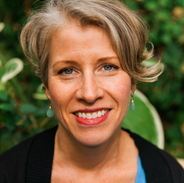 Lael Peterson is a life coach and Certified Yoga Health Coach with over 20 years experience helping people thrive. She specializes in teaching people the habits and mindset they need to accomplish their goals. Her own life experiences with anxiety, addiction, and cancer combined with her professional expertise make her coaching relatable, practical and powerful. Lael is a member at Home Hot Yoga and believes that a regular hatha yoga practice is an essential component in a vibrant life! The Vibrant Life Program is a mini (coed) version of her popular 6 month program for women, Vibrant Body + Wise Mind. In 2009, I was diagnosed with spondylolisthesis, spondylosis and degenerative disc disease. I was told I would need to have a spinal fusion surgery or, eventually, lose all feeling in my legs. At the time, I was running marathons, extremely active and couldn’t fathom the thought of having surgery on my spine.
Understanding that running wasn’t going to be a long-term activity due to my diagnosis, and that I wasn’t ready to succumb to surgery, I began to explore more low-impact activities. It wasn’t until I tried Bikram yoga that I felt the physical challenge I was seeking in an activity that would not progress my diagnosis. In addition to the satisfying physical challenge, I found Bikram brought me significant mental clarity and focus. As I began to increase the frequency of my practice, I found myself diving deeper to help manage emotional and mental health. At the time I started practicing I was struggling with various aspects of life and Bikram yoga gave me an outlet to support my emotional and spiritual well-being. I still don’t quite know what it is, but to this day when life feels draining I latch on to my yoga practice and begin to feel filled up again. On the physical side, I haven’t yet had to resort to spinal surgery and still have all the feeling in my legs. In fact, each summer I go on a week-long 500-mile bicycle ride. Due to other commitments, I typically don't find the time to train. Despite this, for the past two years, I have been able to participate in these rides without significant struggle. Fellow riders are always shocked when I say I haven’t ridden my bike for more than 50 miles since the last year. I give credit to my consistent yoga practice for giving me the power, strength and mental agility to successfully participate and enjoy myself on these rides. Today, despite numerous scheduling challenges, I make my practice a priority. I am proud of allowing myself to make the time and I (usually) don’t feel guilty about it. I now know, no matter how difficult it seems in the moment, each time I step out of the hot room I will feel more positive and be healthier than when I walked in. |
AuthorHHY Founder, Yoga Business Coach, yoga-doer and life-lover, Kay Afif! Categories
All
|


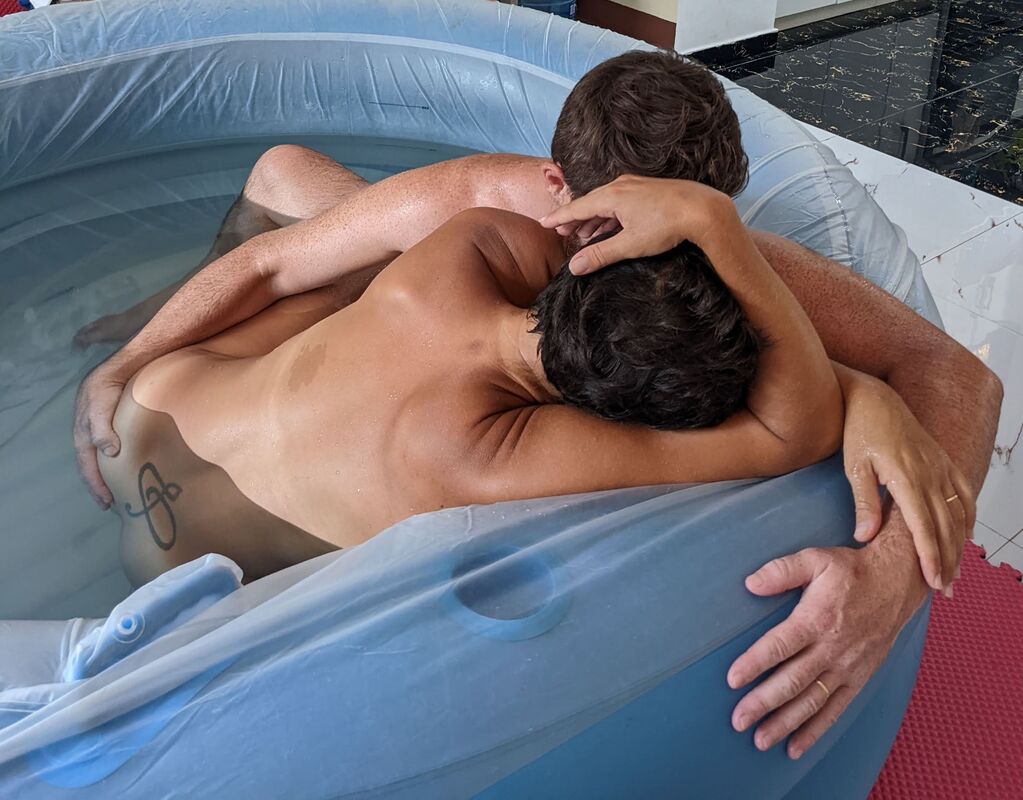
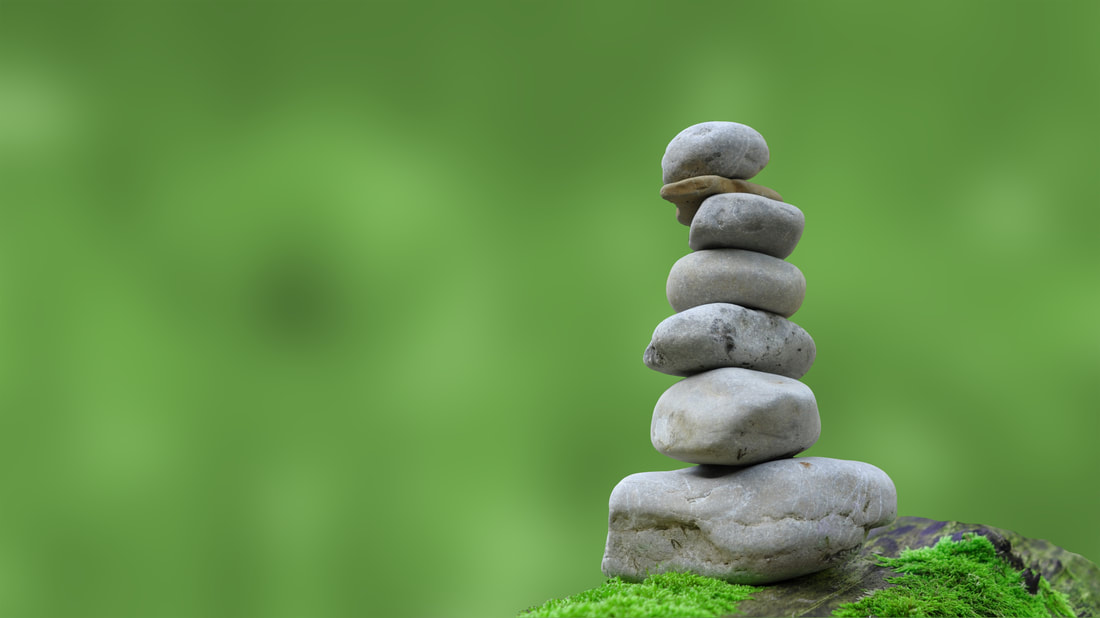
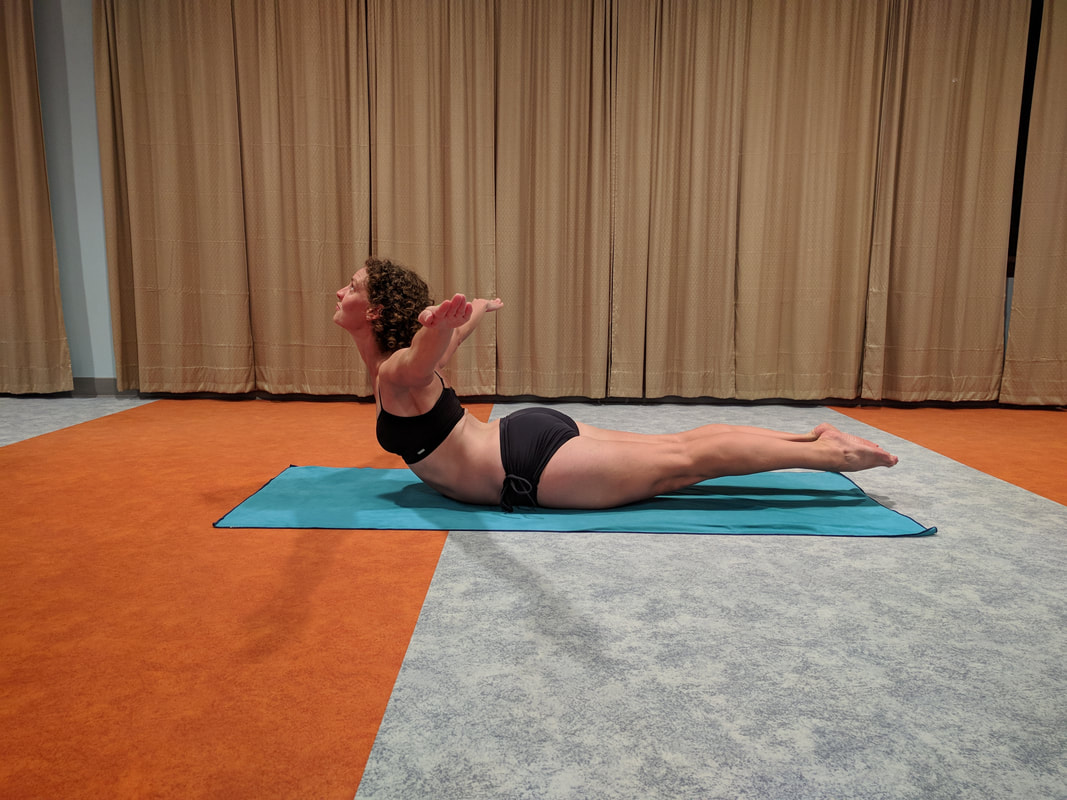
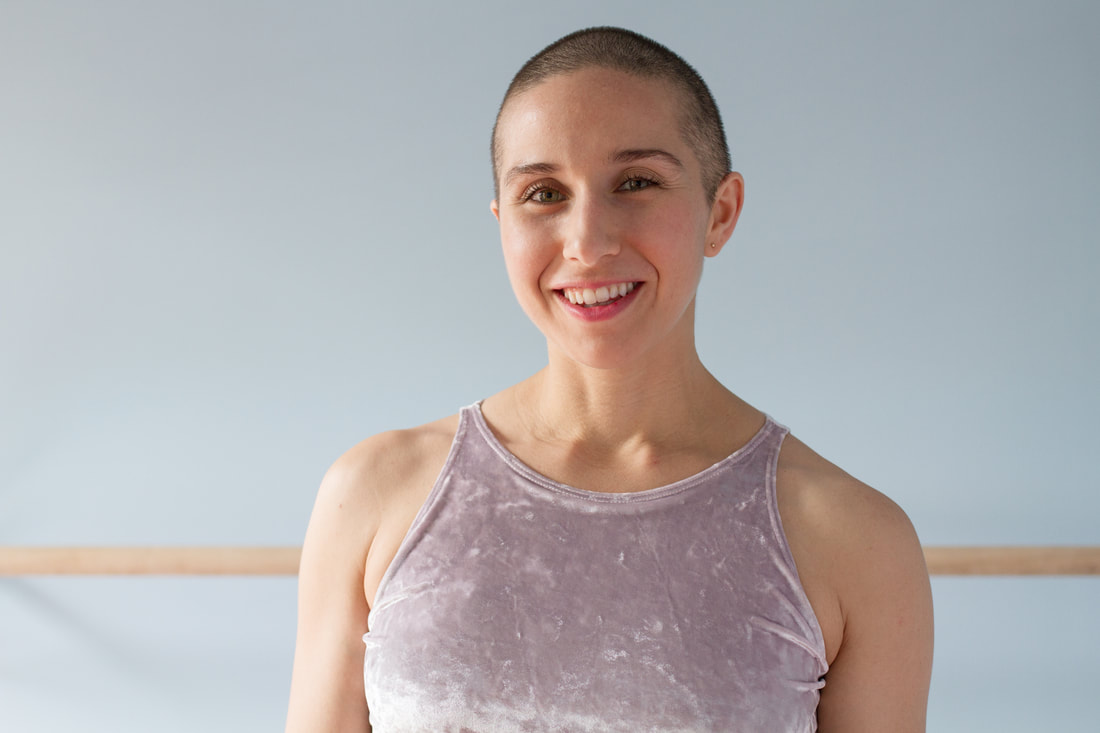
 RSS Feed
RSS Feed
